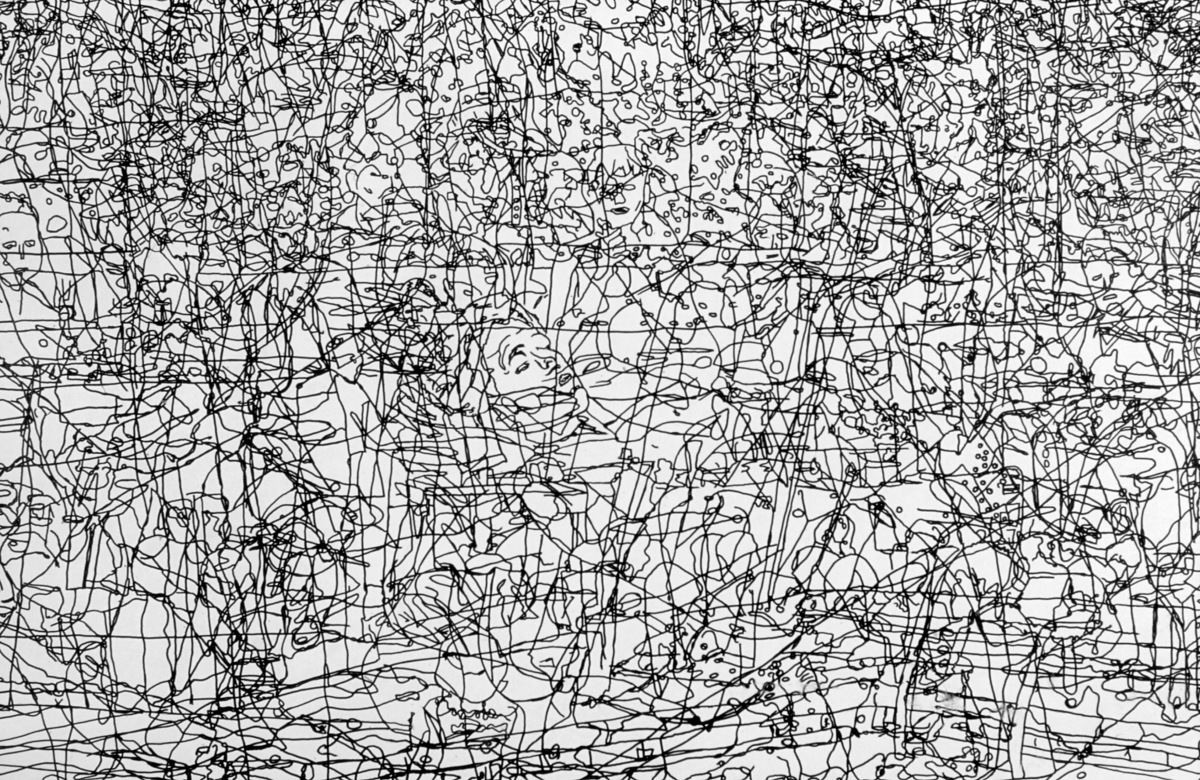About
This weblog is a mnemonic device. Over the years I have occupied myself with studying such diverse topics, only to realize that I can barely recollect half of it. Now I suffer from the nostalgic desire to retrieve what is forgotten and to build a grand archive to preserve everything, such that it will not meet the same fate. This particular confliction is called Archive Fever, a term coined by Jacques Derrida.
It is to burn with a passion. It is never to rest, interminably, from searching for the archive right where it slips away. It is to run after the archive, even if there’s too much of it, right where something in it anarchives itself. It is to have a compulsive, repetitive, and nostalgic desire for the archive, an irrepressible desire to return to the origin, a homesickness, a nostalgia for the return to the most archaic place of absolute commencement (Derrida, Archive Fever 1995, 57)

Anyways… as a rule of thumb for this blog: if I spend a considerable amount of time on some topic, I should record some of it in this unorthodox note-taking system. But what I’m trying to do here is not just the archiving of a record, putting it away in a dusty drawer. It is retention by creation and iteration. It is writing, not collecting. Here’s a basic hermeneutic insight for you: interpretation requires a form of application which renews the interpretandum by engaging it in a new context. Yes, “something in it anarchives” itself, but that’s also the seed for the old to enter into something new and to stay “alive”.
This is a place to externalize thoughts so that I may find myself being impressed again by them later, to stimulate new perspectives and find out what I was and am thinking. I stumbled across this fitting remark by Karl Weick: “If people know what they think when they see what they say, then words figure in every step.” (sometimes I forget what that was supposed to mean, but it’s OK). I’ll allow the words on this site to slip from my fingers, so that I may be surprised and learn something when I find them again, perhaps years later.
That’s why I called the writings on this site engrams: they are memory traces on the web. These traces become ingrained and solidified the more connections they enter into, but in the process they may get twisted. I reserve the right to be wrong.
My best guess at the moment is that these memory traces are likely to be related either to philosophy, artificial intelligence, technology, and workflow design. Contributions by others are welcome.

What emerges over time will be a rhizomatic collection of hopefully interesting notes, where no one (including me) really has a central oversight over the contents, where there is no category table assigning everything its proper place, but where posts branch out and interlink chaos-logically. This is reflected in the only “searchable” feature of this archive: clicking on the tag of a blog post shows you posts with the same tag. I encourage you to do this and trace your own path.
By now some words have floated in my direction that also more or less describe what this website is. For example, see this description of a digital garden:
Digital gardening is the Domestic Cozy response to the professional personal blog; it’s both intimate and public, weird and welcoming. It’s less performative than a blog, but more intentional and thoughtful than a Twitter feed. It wants to build personal knowledge over time, rather than engage in banter and quippy conversations.
Well, actually, the word I’ve chosen (a few years ago now) expresses precisely this hesitation between the private and the public. Fair warning, philosophers tend to use a bit more words than regular internet folks:
The meaning of “archive” comes from the Greek arkheion: initially a house, a domicile, an address, the residence of the superior magistrates, the archons, those who commanded. The citizens who thus held and signified political power were considered to possess the right to make or to represent the law. On account of their publicly recognized authority, it is at their home, in that place which is their house (private house, family house, or employee’s house), that official documents are filed. The archons are first of all the documents’ guardians. They do not only ensure the physical security of what is deposited and of the substrate. They are also accorded the hermeneutic right and competence. They have the power to interpret the archives. (…) It is thus, in this domiciliation, in this house arrest, that archives take place. The dwelling, this place where they dwell permanently, marks this institutional passage from the private to the public” (Derrida, Archive Fever 1996, 10)”
And on this topic, a TLDR so clear I’m not going to bother trying to phrase it myself:
The classical archive is in certain respects like the Cartesian mind, in that it is domiciled in a private space and controlled by a person who dwells in that space. There is one big difference, however. An archive, though guarded, is a public space” (Michael Lynch 1999, 79).
All right, hope you get the gist. That’s it for now.
Feel free to send me a mail in response to anything on this website.